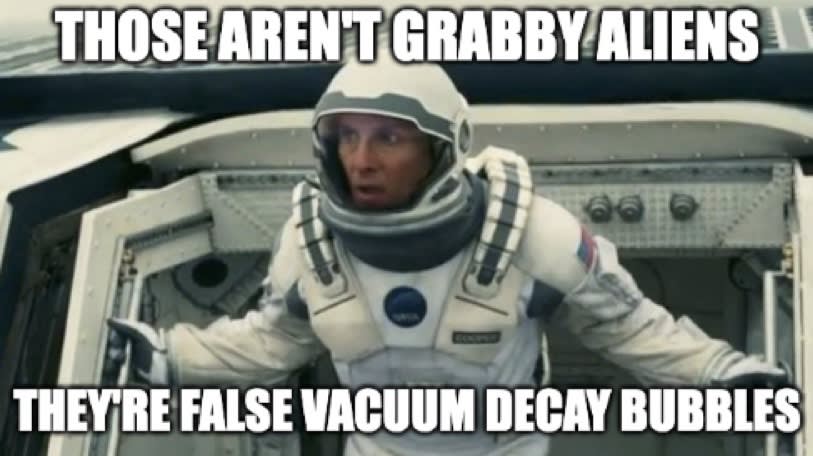I'm a 36 year old iOS Engineer/Software Engineer who switched to working on Image classification systems via Tensorflow a year ago. Last month I was made redundant with a fairly generous severance package and good buffer of savings to get me by while unemployed.
The risky step I had long considered of quitting my non-impactful job was taken for me. I'm hoping to capitalize on my free time by determining what career path to take that best fits my goals. I'm pretty excited about it.
I created a weighted factor model to figure out what projects or learning to take on first. I welcome feedback on it. There's also a schedule tab for how I'm planning to spend my time this year and a template if anyone wishes to use this spreadsheet their selves.
I got feedback from my 80K hour advisor to get involved in EA communities more often. I'm also want to learn more publicly be it via forums or by blogging. This somewhat unstructured dumping of my thoughts is a first step towards that.
I love the model - and I'm happy to give feedback on ideas for EA Forum posts if that would ever be helpful! (I'm the Content Strategist for the Forum).
That would be really useful!
Some of my ideas for forum or blog posts are:
- Bi-weekly updates on what I've been working on.
- Posting stuff I've worked on (mostly ML related).
- Miscellaneous topics such as productivity and ADD.
- Reviews of EA programmes I've taken part in or books I've read
- Dumping my thoughts on a topic
I'm also interested in how you differentiate between content better suited for a blog or better suited for a forum?
Out of that list I'd guess that the fourth and fifth (depending on topics) bullets are most suitable for the Forum.
The basic way I'd differentiate content is that the Forum frontpage should all be content that is related to the project of effective altruism, the community section is about EA as a community (i.e. if you were into AI Safety but not EA, you wouldn't be interested in the community section), and "personal blog" (i.e. not visible on frontpage) is the section for everything that isn't in those categories. For example posts on "Miscellaneous topics such as productivity and ADD" would probably be moved to personal blog, unless they were strongly related to EA. This doesn't mean the content isn't good - lots of EAs read productivity content, but ideally, the Forum should be focused on EA priorities rather than what EAs find interesting.
Feel free to message me with specific ideas that I could help categorise for you! And if in doubt, quick-takes are much more loose and you can post stuff like the bi-weekly updates there to gauge interest.


That would be really useful!
Some of my ideas for forum or blog posts are:
I'm also interested in how you differentiate between content better suited for a blog or better suited for a forum?